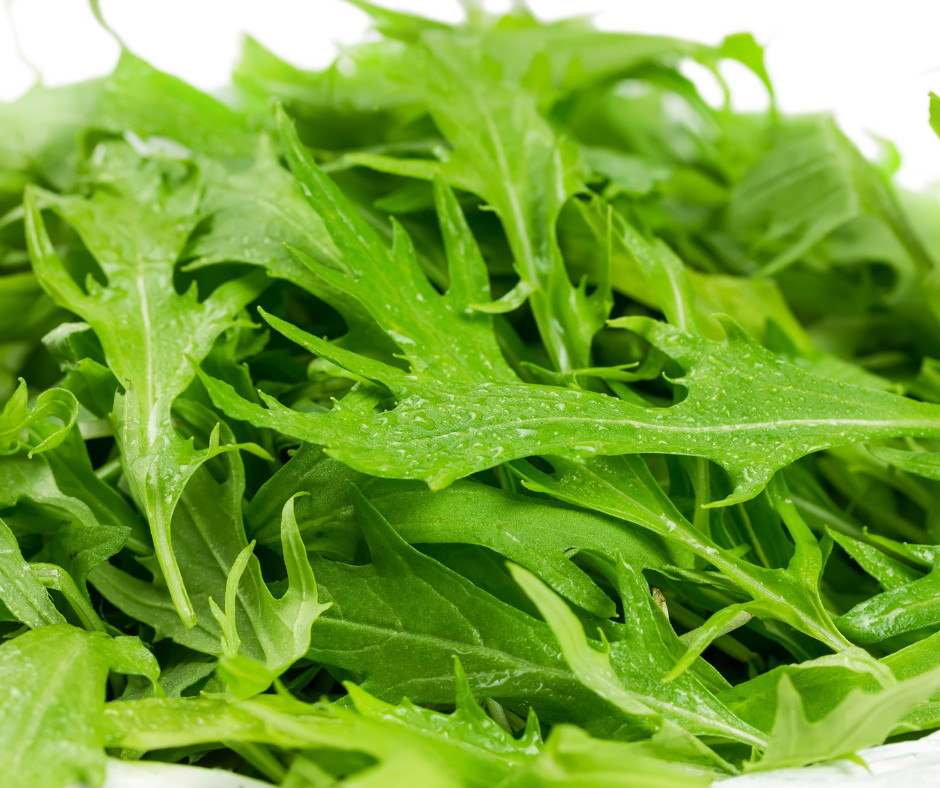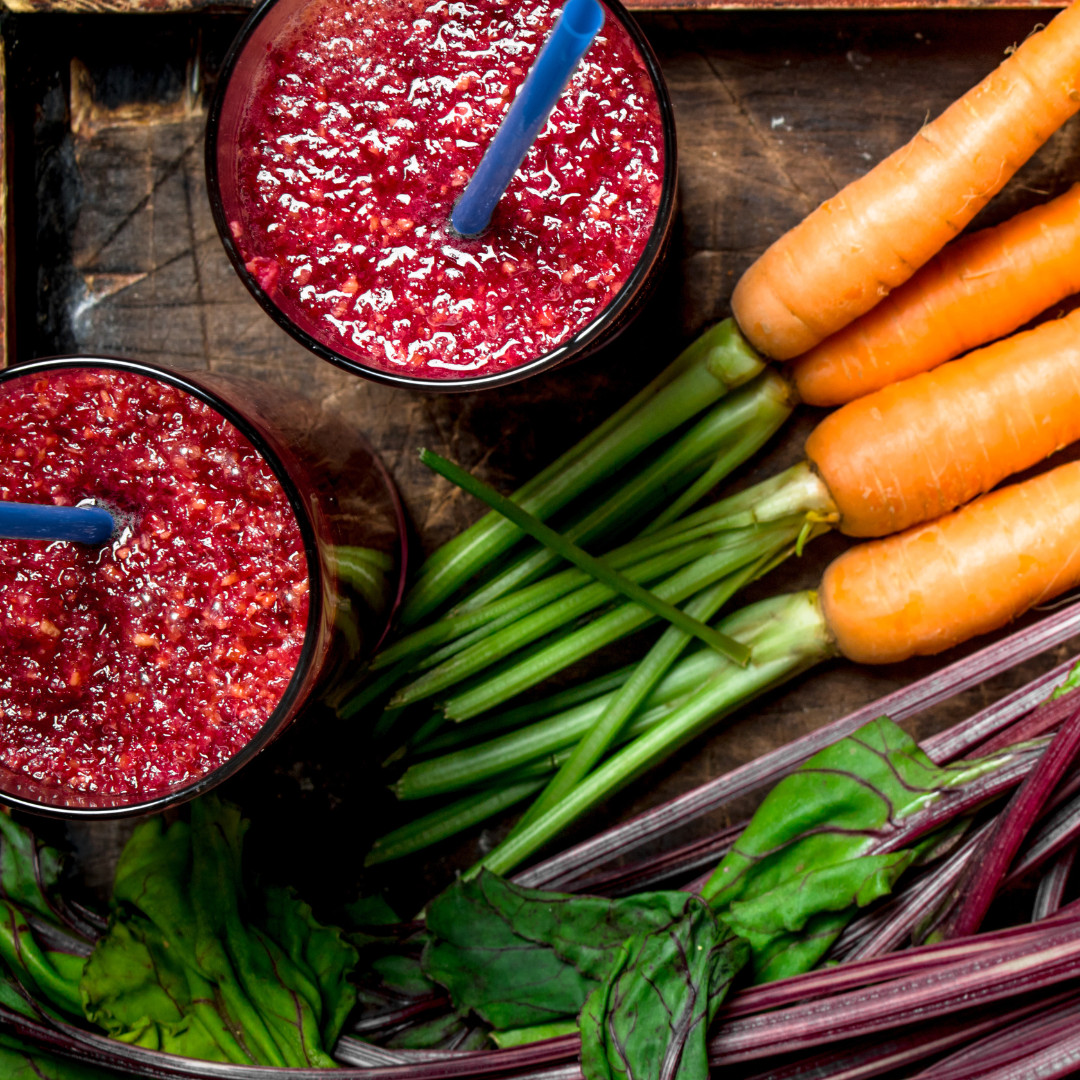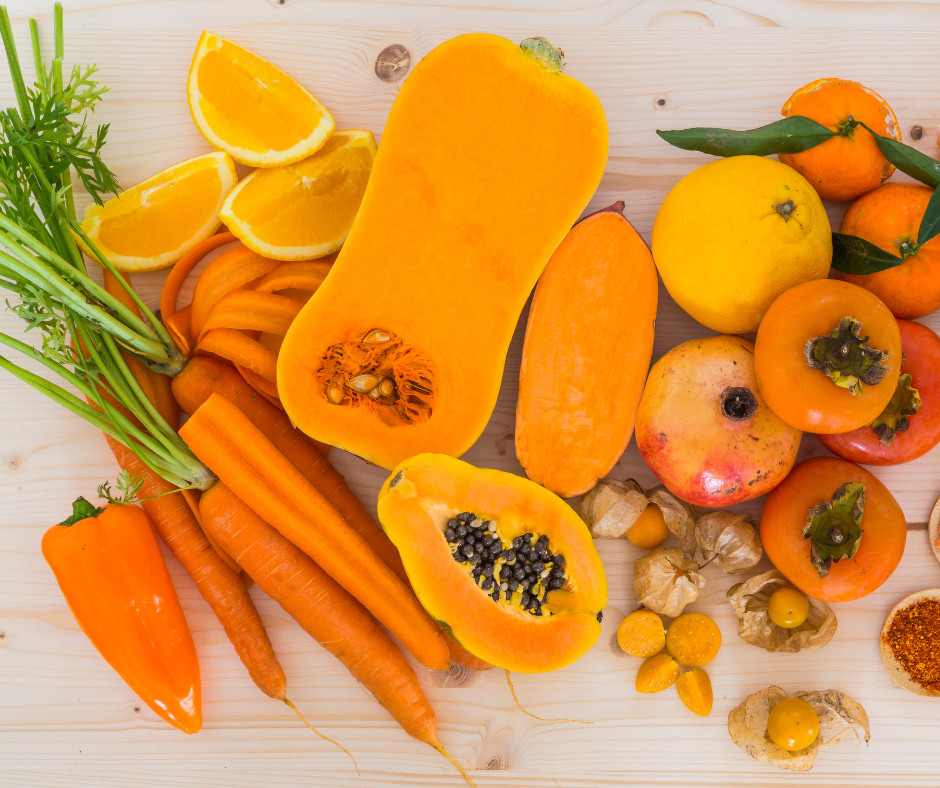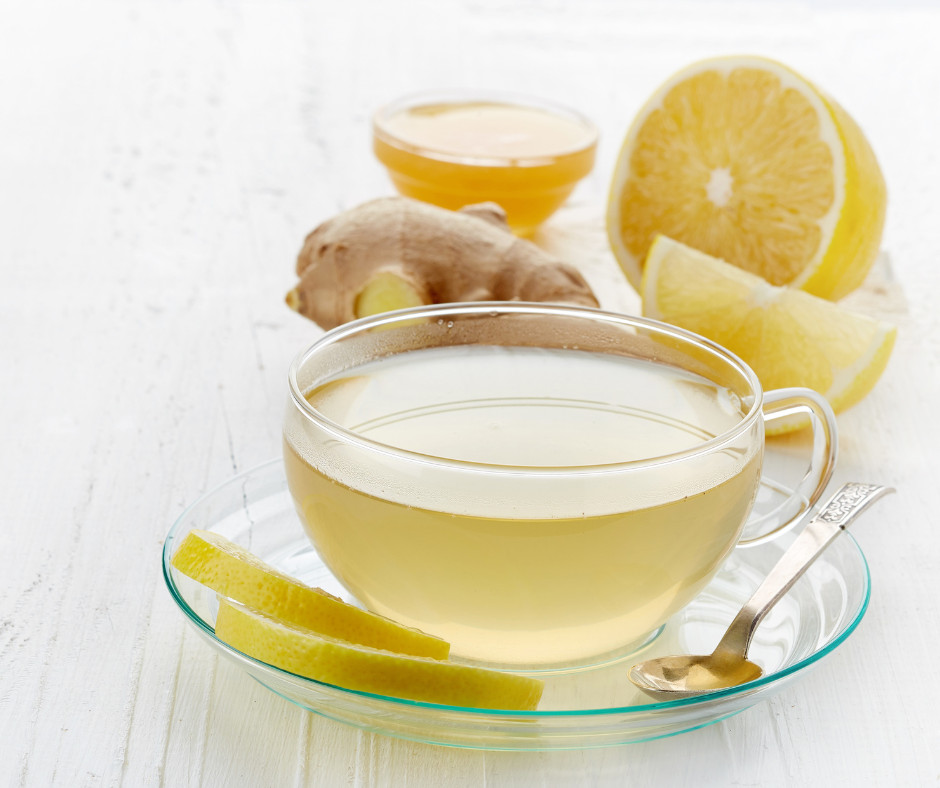
With the rise in popularity of health foods, it is very easy to think that a food is good for you because of the words used on the packaging. Manufacturers use words like "natural" and "no trans fat" to lead consumers to think the food is healthy. For example, "100% natural juice" undergoes all kinds of processing steps, including the addition of flavor packs. If you read the labels of products that sound healthy more closely, you might find that it contains ingredients that are best avoided. Here are some common foods to avoid.
Microwave Popcorn
Most microwave popcorn contains industrial fats that increase inflammation in your body. Some include a butter flavoring which is really just a chemical. In addition, the bags are coated with non-stick chemicals that are known to cause health problems. Finally, most corn is genetically modified meaning that it contains proteins that make it toxic to pests and resistant to toxic agricultural sprays. A better option is to pop organic corn kernels at home in a chemical free pan with real butter or coconut oil. You can even try popping an ancient grain like amaranth, barley, buckwheat, quinoa or sorghum. Sorghum acts the most like corn kernels and will produce a soft white snack. Though smaller in size than traditional popcorn, sorghum resembles baby popcorn kernels and are crunchy in texture and toasty in flavor. And it doesn't have the hulls that can get stuck in your teeth.
Factory Farmed Meat and Fish
Traditional factory farmed meats are fed hormones, drugs, and an unnatural diet that is grown using chemical pesticides and fertilizers. When you eat meat that is produced like that, you ingest all the chemicals and drugs used to raise that animal. The same is true for farm raised fish like Tilapia, shrimp, and salmon, also known as Atlantic salmon. Studies have shown that farm raised fish contain high levels of toxic chemicals and heavy metals. The Food Revolution Network says that fish raised in farm environments have been found to promote inflammation due to their higher ratio of omega 6 to omega 3 fatty acids. Additionally, they may have up to 20% less protein than fish that come from the ocean.
Non-organic Soy
Most soy grown in the U.S. is genetically modified to withstand applications of glyphosate, the active ingredient in the weed killer Roundup. In addition, soy is commonly grown in poor soils near major industrial areas. Unfortunately, soy is used as a filler in many processed foods. There is also concern about consuming unfermented organic soy by many health professionals. The Weston A. Price Foundation is a respected organization that does a lot of research on nutrition. Here is a list of articles they have published on soy. Another concern about soy is that it is one of the most common food allergens. If you aren't allergic to it, consuming organic fermented soy can be beneficial for you because of the healthy probiotics they contain. This includes natto, tempeh, and miso.
Vegetable Oils
Vegetable oils like canola oil, soy, and corn are highly inflammatory. They are produced using high temperatures and pressure. Unfortunately, they are used in most manufactured foods, including margarine. Tans fats are created in an industrial process that adds hydrogen to vegetable oils to make them more solid. While the majority of it has been removed from processed foods, labeling laws allow manufactures to use less than .5mg per serving, and label it "trans fat free". The best option for cooking at home is to use a high quality organic butter, ghee, olive oil or coconut oil.
Artificial Sweeteners
Artificial sweeteners were originally used as a sugar substitute. The thinking was that it was better for people with high blood sugar, and diabetics, than sugar. They have also been used to reduce the number of calories you consume because they contain zero calories. Since their introduction though, there have many studies that show that the chemicals used in artificial sweeteners are harmful to your health. In addition, it is thought to change the taste receptors in people who consume a large amount of them - say in diet drinks. The San Antonio Heart Study found that participants who drank more than 21 diet drinks per week were twice as likely to become overweight or obese as people who didn’t drink diet soda.
Did this help you? If so, I'd greatly appreciate it if you commented and/or share it on social media.

Email: sharonledwards@hotmail.com
Facebook: https://www.facebook.com/sharonledwardsbiz/


















0 Comments